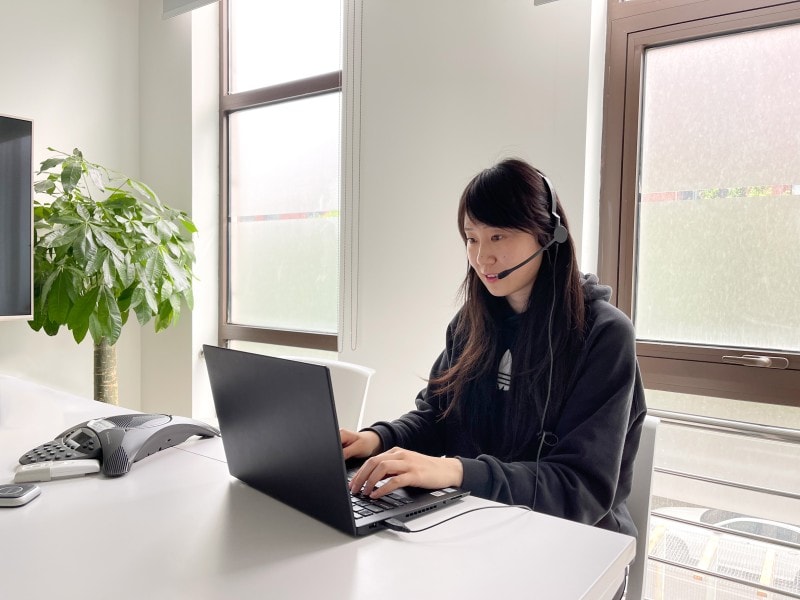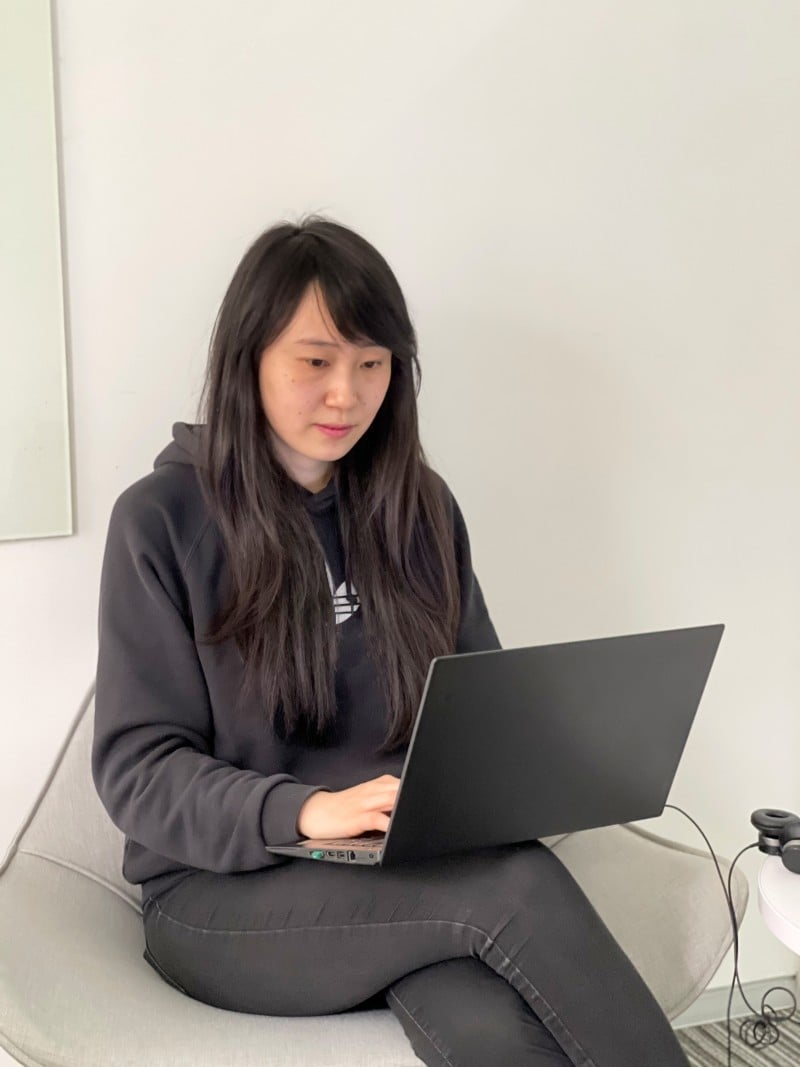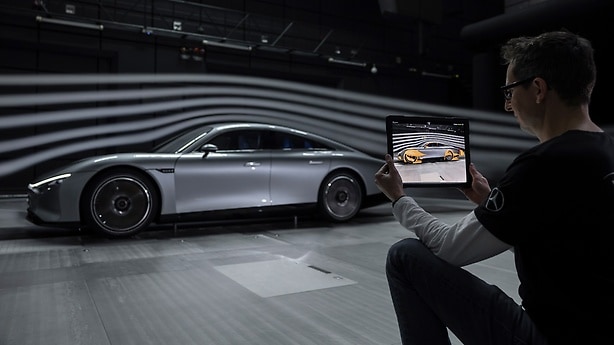Why negotiation skills?
When we create the software development schedule, we need to understand what is important for each unit and consolidate all the different requirements. Here's one example: In order to be able to evaluate the powertrains during tests on the test bench or test track, our engine development department needs software that supplies very precise data. For other units, precision is of course important as well, but the quick availability of a software version with a smaller range of functions has a higher priority. Our job is to fit both requirements.
And what does your team look like?
As a sub-team leader, I am responsible for six colleagues. We are all engineers, with different specialties - from electrical engineering to mechanical and automotive engineering. We complement each other perfectly, and I am always thrilled by the intelligent solutions that my colleagues come up with for the development of our powertrain software. There is a lot of passion and ambition in it.
What characterizes Mercedes-Benz as an employer for you?
For me as an engineer, Mercedes-Benz simply has a very special appeal. I have so many opportunities to progress here and work on the future of mobility. The company has a very open atmosphere and a lot of knowledge exchange, which is the perfect environment for innovation. And of course it's cool to work for a company like the Mercedes-Benz Group. I love the design of our vehicles, especially the new sporty Mercedes-Benz CLS and the Mercedes-Benz E-Class Coupé. These models are particularly elegant.
Have you always been this enthusiastic about technology?
My parents are both engineers, and since I was a child, I have been fascinated by what is possible, when knowledge of materials and physical laws is combined in a meaningful way. Then later in school we had a project where we built a simple version of a radio out of electrical components. That was my first contact with electrical engineering, and I was immediately electrified – in a figurative sense. That's why I later decided to study electrical engineering.
You moved from China to Germany for your studies. How did that come about?
After graduating from high school, I wanted to gain experience outside of China and get to know other countries. I did some research and had selected several universities around the world that I was interested in. My mother is a mechanical engineer and said to me: "If you want to be an engineer, go to Germany." (laughs). And then in the spring of 2006 I started my bachelor's degree at Aachen University of Applied Sciences, and after bachelor graduation continued my master study at RWTH Aachen.



